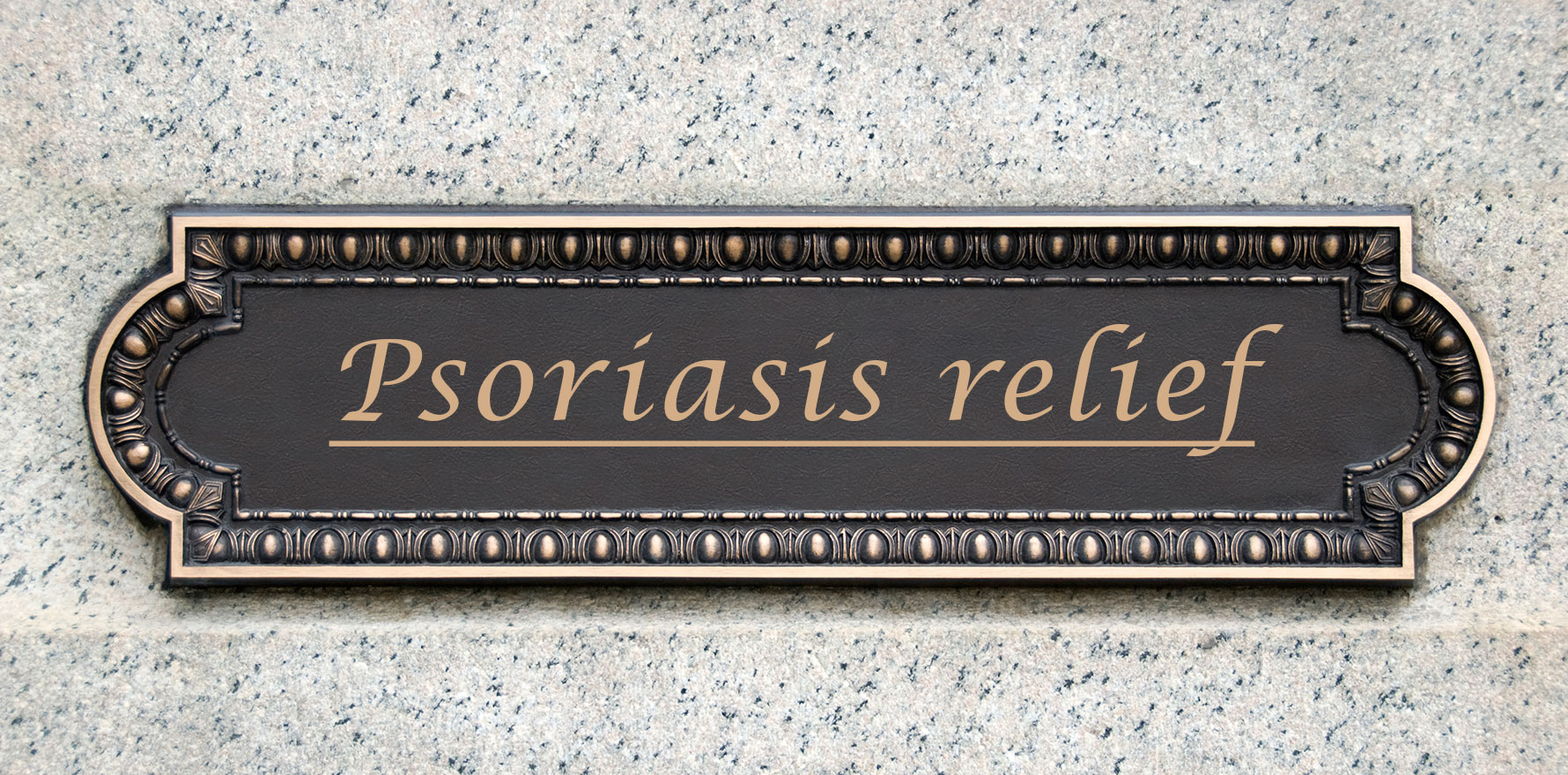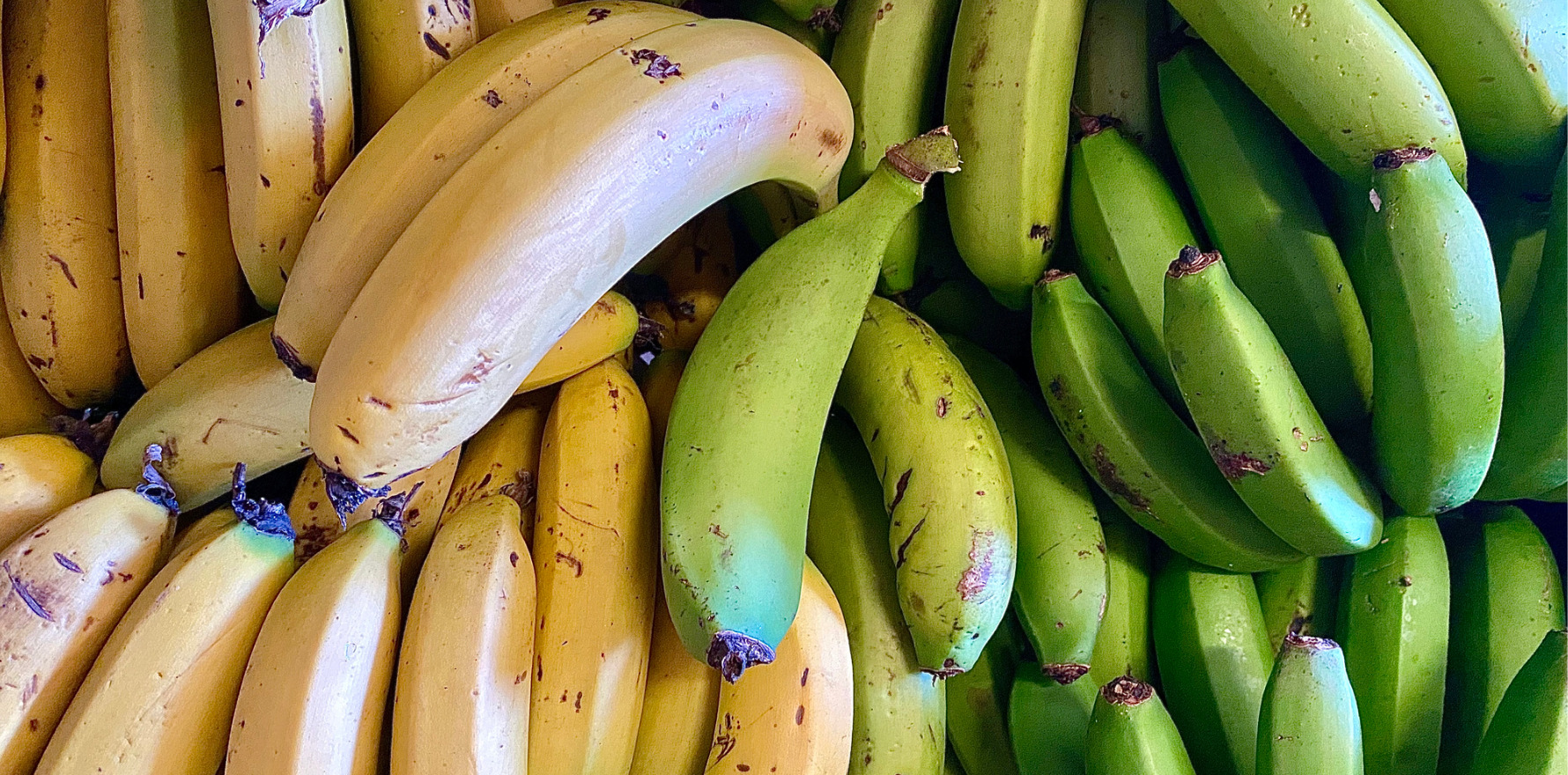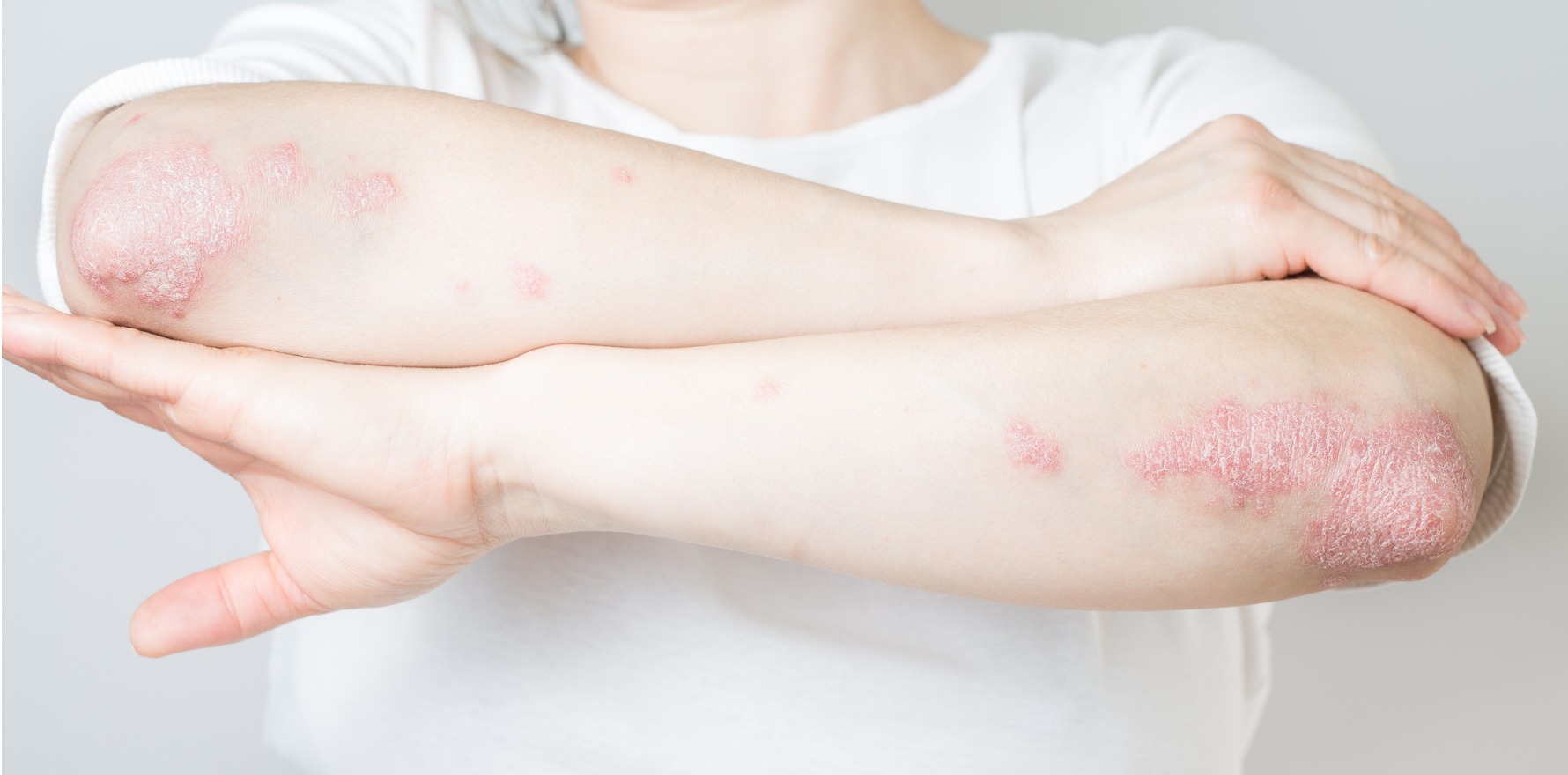
Long-term trial results confirm sustained efficacy and safety, offering a reliable alternative to injectable biologics.
An oral option for children with moderate to severe psoriasis is proving its reliability, with new trial data showing long-term efficacy and safety.
While injectable biologics have transformed paediatric psoriasis care, many patients and families prefer oral therapies.
Apremilast is an oral phosphodiesterase-4 inhibitor used to treat plaque psoriasis in adults who are candidates for phototherapy or systemic therapy and moderate to severe plaque psoriasis in paediatric patients six years of age and older, weighing at least 20kg, who are candidates for phototherapy or systemic therapy.
It is the first FDA-approved oral systemic therapy for paediatric psoriasis. However, it is not yet approved for this in Australia.
It is approved by the Therapeutic Goods Administration for the treatment of signs and symptoms of active psoriatic arthritis in adult patients; the treatment of adult patients with plaque psoriasis who are candidates for phototherapy or systemic therapy; and the treatment of adult patients with oral ulcers associated with Behçet’s disease who are candidates for systemic therapy.
In the multicentre, randomised, double-blind study known as SPROUT, 245 patients aged six to 17 years with moderate to severe psoriasis inadequately controlled by topical therapy were enrolled.
Results were published in the British Journal of Dermatology.
Participants were initially randomised 2:1 to receive apremilast (20mg or 30mg twice daily, weight-based) or placebo for 16 weeks, after which all patients received apremilast through week 52.
Of the 245 patients, 221 entered the extension phase and 186 completed the 52-week period. For those receiving continuous apremilast, the proportion achieving static Physician Global Assessment (sPGA) response (score 0 or 1 with ≥2-point improvement) rose from 30.1% at week 16 to 47.7% at week 52.
Patients who switched from placebo to apremilast after week 16 also saw marked improvement, with sPGA response increasing from 9.8% to 44.4% by week 52.
Similarly, Psoriasis Area and Severity Index (PASI-75) responses improved over time. In the continuous apremilast group, PASI-75 rates climbed from 42.3% at week 16 to 60.4% at week 52. For the placebo-to-apremilast group, rates rose from 13.4% to 63.9%.
Apremilast was well tolerated, with safety findings consistent with its established profile in adult populations. No new safety concerns emerged during the extension phase.
“Altogether, these results support apremilast as a safe and effective treatment for paediatric patients with moderate to severe psoriasis over a 52-week treatment period,” the authors concluded.
“Safe, oral treatment options for paediatric patients are valuable in light of challenges to treatment and the significant impact of psoriasis during this critical stage of development.”




